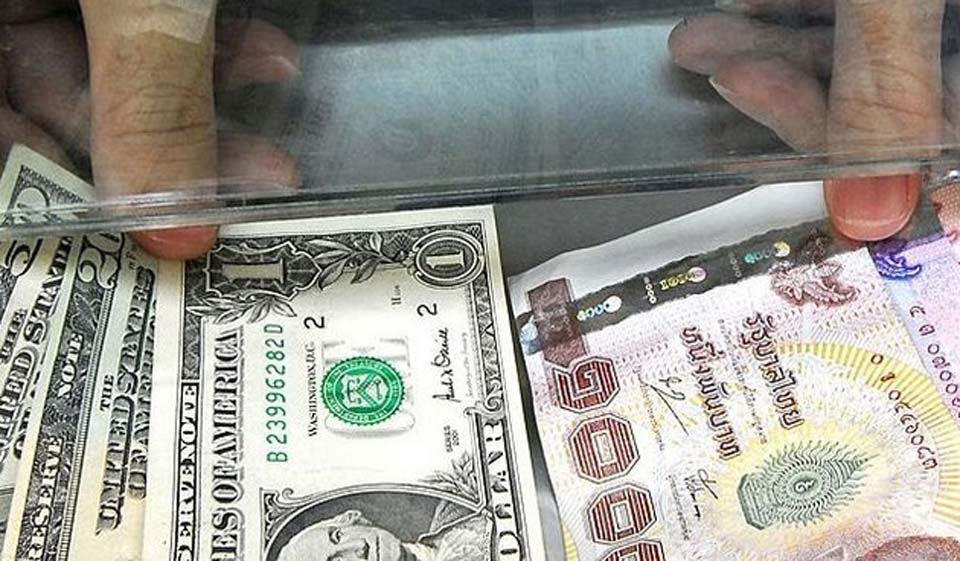
Short positions on the Thai baht are at their lowest since April ahead of an upcoming meeting of the Bank of Thailand (BOT).
While a relaxation of pandemic curbs helped the nation’s economy show gradual improvement in May, its headline inflation has already breached the central bank’s target range.
Economists at DBS wrote in a note that the BOT has yet to signal its intent to normalize policy, but they speculated that the first hike could come in the fourth quarter of 2022.
Other Asian central banks have moved to tighten policies in recent months amid rising inflationary pressures, an economic rebound from the pandemic, and a hawkish stance from the U.S. Fed.
Last week, South Korea’s central bank delivered its second consecutive rate hike and forecast further aggressive increases to wrestle consumer inflation down from 13-year highs.
Overall, bearish bets on Asian currencies have been easing on signs that China’s economic pain may abate with easing of pandemic curbs, but analysts are still wary of future lockdowns and the direction of U.S. monetary policy.
Short positions on South Korea’s won and the Taiwanese dollar were at their lowest since late-February, while those on the Chinese yuan slipped to a six-week low.
Investor sentiment also improved as major Chinese cities including Shanghai rolled back curbs after a two-month lockdown, and as the country unveiled new stimulus measures to bolster its economy.
Sentiment in Asia was also aided by cooling expectations of aggressive U.S. interest-rate hikes, although worries over inflation and a global recession have festered amid ambiguous signaling from the Fed and its governors. (NNT)
 |
 |
 |





